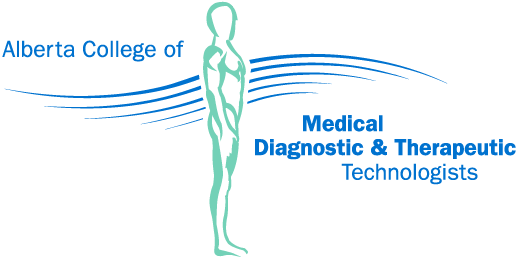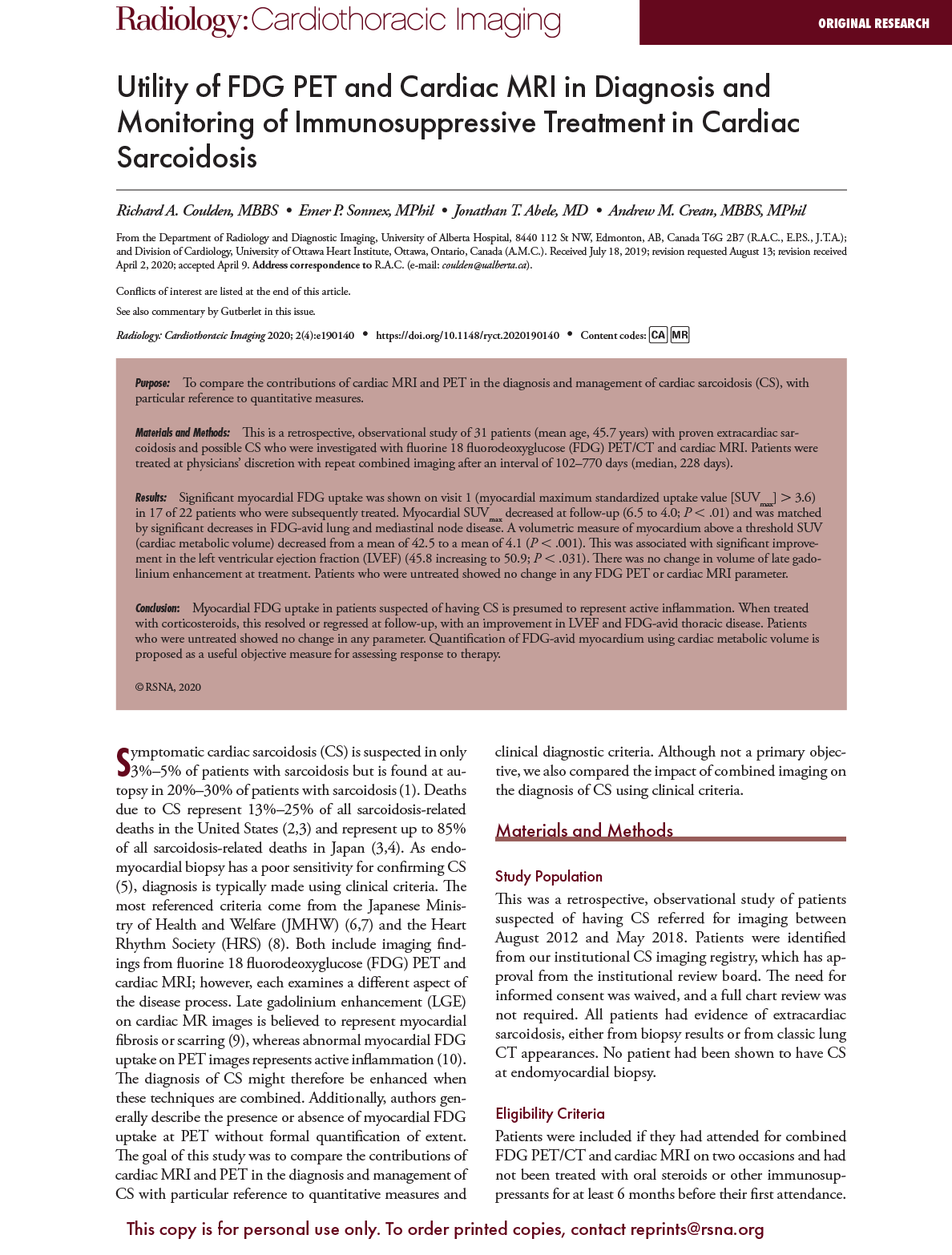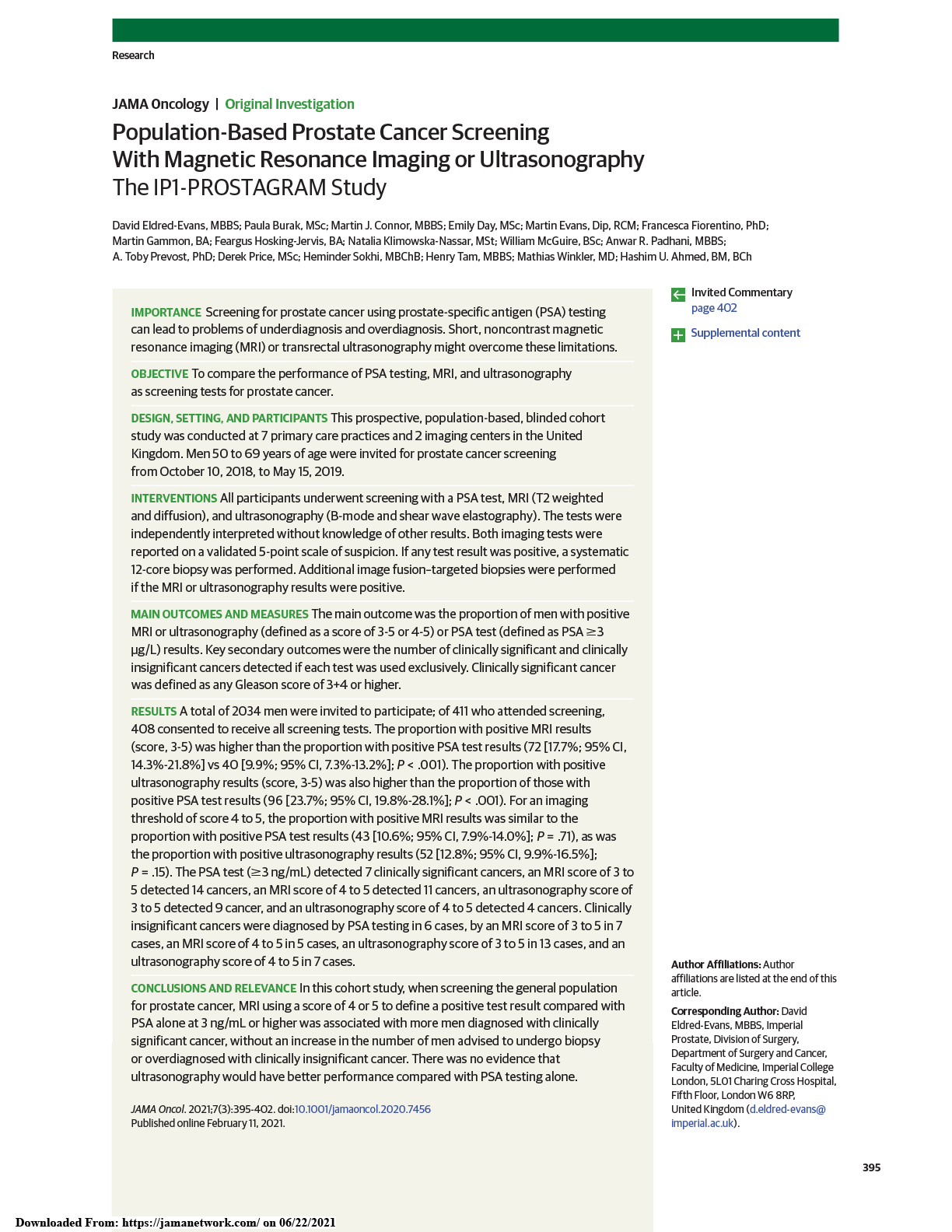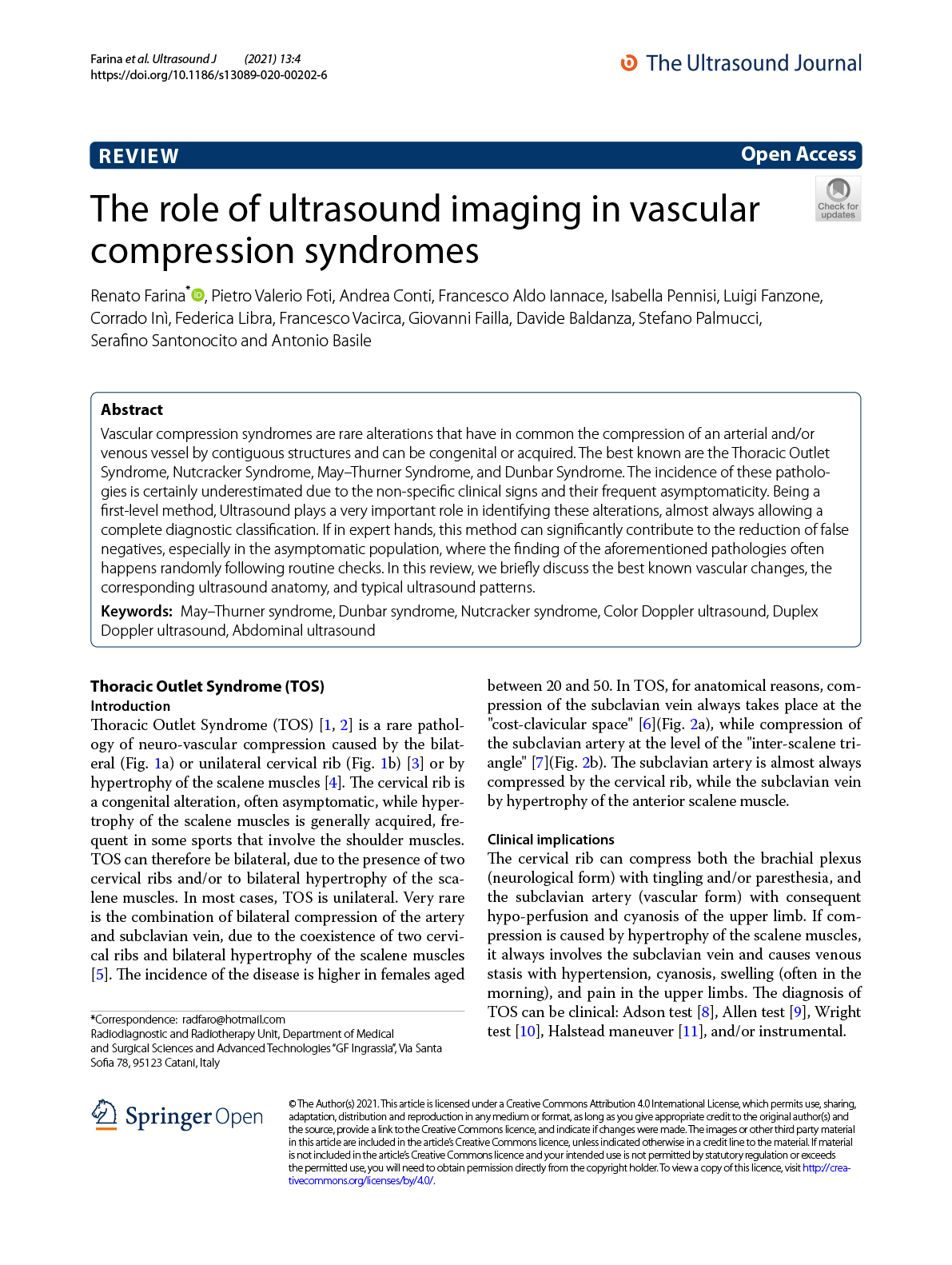
Upcoming changes due to HPA amendments
The College recently announced upcoming changes brought about by amendments to the Health Professions Act (HPA) introduced by Bill 46. These amendments require that the College only carry out professional regulatory duties in the public interest and prohibit the College from carrying out association and member services functions. Based on a careful review of these changes and legal advice, Council has made the following decisions and updated the College bylaws where applicable:
- Branches will be dissolved as of July 1, 2022.
- The College will no longer host an annual conference.
- Associate membership will be discontinued as of January 1, 2022. This membership category also includes honorary life membership.
- The College will provide new regulatory learning opportunities for members, including an annual regulatory education event.
Please see the news post about these changes for more details.
Registration changes now completed online
The upgraded member portal went live almost a year ago, and we have continued to develop, test and release new features during that time. The most recent improvement is the implementation of registration change pathways, which allow existing and former members to apply for a different register online. The following registration changes are now available through My Profile:
- Associate, student, temporary and resigned (former members) to general registration
- Student to temporary registration
- General, associate, student and temporary to resigned
All the registration change options available to members will appear on their My Profile home page. Applications for associate membership are not available online due to the discontinuation of the associate membership category at the end of the year; however, regulated members who still wish to become associates for the remainder of the year may submit a paper application.
For more information, please see the Registration Change page.
Regulatory education opportunities
While we are no longer permitted to provide member-centric services like the annual conference and branch events, the College is committed to providing new regulatory education opportunities for our members to enhance their understanding of how health regulation ties into their everyday practice.
Plans are already underway for a virtual regulatory education event this fall, which will take place over two days and offer members the opportunity to earn up to 7 hours toward their CCP. Topics for the event’s presentations will be mapped to the Standards of Practice and other regulatory documents to ensure our compliance with Bill 46 while making a meaningful contribution to the continuing education of our members. The event is scheduled for October 16 and 23, 2021; more details to follow this summer.
The College is also collaborating with the Alberta College of Combined Laboratory and X-Ray Technologists (ACCLXT), the College and Association of Respiratory Therapists of Alberta (CARTA) and the College of Medical Laboratory Technologists of Alberta (CMLTA) to create a series of learning modules, which will likely cover the following topics:
- Professional communication
- Professional boundaries
- Patient consent
- Professionalism and social media
We plan to release each module as it becomes available this fall. Every module will include a quiz and the Competence Committee will determine how many hours can be used towards a regulated member’s CCP once a module is ready for release.
We will update the Regulatory Education page as more details about the regulatory education event and modules become available.
Response to CAMRT position statement
Last month, the CAMRT released a position statement titled “Discontinuing the Use of Gonadal and Fetal Shielding for Patients.” The College released a response to this statement after receiving some inquiries from members about it to clarify that there has been no change made to the provincial regulations or the College’s Standards of Practice regarding the use of radiation protection devices.
The role of an association like the CAMRT is very different from the role of a regulatory college, and that distinction has become even more pronounced due to the recent legislation changes mentioned above. We appreciate members reaching out to us for clarification on this matter as it demonstrates awareness that the College is the organization responsible for setting the scope of practice for its members. The College’s Standards of Practice state that MRTs should use their professional judgment based on individual patient needs, relevant regulations, employer/organization policies and professional guidelines. MRTs are legislated to work within the College’s Standards of Practice and Code of Ethics and are encouraged to consult with their managers or supervisors before communicating external resources with patients contrary to departmental policies or processes.
To view a comparison chart that highlights some of the differences between associations and colleges, please see the Regulators vs. Associations page.
Decision of the hearing tribunal: Jeffrey Wolff
A hearing tribunal has found Jeffrey Wolff guilty of unprofessional conduct for engaging in an inappropriate sexual relationship with a student while he was their preceptor, providing students with examination materials without authorization, and failing to comply with his duty to cooperate with the investigation conducted by the College. The tribunal ordered that Mr. Wolff receive a reprimand and pay the full costs of the investigation and hearing, and ordered that Mr. Wolff’s registration with the College be cancelled.
View the Hearing Tribunal Decision and Orders: Jeffrey Wolff
Registered psychiatric nurses prescribing and ordering diagnostic tests
The Government of Alberta has expanded the Psychiatric Nursing practice in Alberta as of June 2, 2021. Registered psychiatric nurses (RPNs) registered with the College of Registered Psychiatric Nurses of Alberta (CRPNA) who meet specific requirements can become authorized to prescribe Schedule 1 drugs (except controlled drugs and substances) and order diagnostic tests within a particular clinical practice setting.
Before RPNs can apply for authorization, they must first:
- Hold an active permit and be in good standing with CRPNA
- Have at least 3,000 clinical practice hours as an RPN
- Have at least 750 practice hours in the practice setting/location in which they are seeking authorization to prescribe
- Complete the Athabasca University RPN Prescribing Course
- Have employer support including an employer reference, employer policies, clinical support tools and collaborative practice relationships in the workplace
With the regulatory changes, RPNs will be able to:
- Order or apply non-ionizing radiation in ultrasound imaging (other than the application of ultrasound to a fetus)
- Order ionizing radiation in medical radiography
- Prescribe a Schedule 1 drug and order diagnostic tests, with additional education
For further information, please visit the CRPNA website.
NOTE: In the College’s Fall 2019 newsletter, information was shared regarding registered nurses and nurse practitioners expanding their nursing practice in Alberta on May 1, 2019.
 As highly skilled healthcare professionals, MRTs and ENPs are always learning. The Continuing Competence Program (CCP) allows members to maintain a tangible record of how their knowledge and skills have evolved over time and explore opportunities for further professional growth. The current CCP cycle ends August 31, 2021, and regulated members must ensure they have completed their required hours of learning activities and logged them along with their learning plan and self-assessment in My CCP by this date.
As highly skilled healthcare professionals, MRTs and ENPs are always learning. The Continuing Competence Program (CCP) allows members to maintain a tangible record of how their knowledge and skills have evolved over time and explore opportunities for further professional growth. The current CCP cycle ends August 31, 2021, and regulated members must ensure they have completed their required hours of learning activities and logged them along with their learning plan and self-assessment in My CCP by this date.
Earlier this year, the College’s Council, Competence Committee and Registrar considered the challenges of the ongoing COVID-19 pandemic and agreed to adjust the minimum learning hours required for the 2020-21 CCP cycle (September 1, 2020, to August 31, 2021). Members are required to complete 12 learning hours if they hold general registration for the entire cycle, or one hour of learning for every month they hold general registration. Detailed information about the CCP is available in the Continuing Competence Program Information Guide (please note the required hours referenced in the guide do not reflect the one-time change made for this cycle).
It is required by the Health Professions Act (HPA) and the Medical Diagnostic and Therapeutic Technologists Profession Regulation (the Regulation) that all regulated members comply with the requirements of the CCP. Every year, the College conducts two types of audits to monitor member compliance: the CCP Audit and the CCP Analytics Verification.
The CCP Audit is conducted to verify that a member’s reflective practice review includes the required number of learning hours, satisfactory learning activities and acceptable self-reflections. Up to 20% of the College’s membership may be randomly selected for this audit, and members will be notified in July if they have been selected. An audited member will be asked to submit their reflective practice review on September 1 for review by the Competence Committee, which is made up of MRTs and ENPs from across the province.
The CCP Analytics Verification is conducted every September to verify that every regulated member has entered information into each of the three components of the CCP (self-assessment, learning plan and records of learning activities) on the My CCP platform for the cycle that just ended. Through this process, the College is not able to see any detail of the member’s CCP and so the member’s reflective practice review remains confidential. The College will contact all members who have not completed their CCP. Members will not be able to renew their registration if their CCP is incomplete.
The College is here to help you with any questions or issues you may have with the CCP or the My CPP platform. Please feel welcome to contact Linda O’Hara, Director, Education and Competence, at lohara@acmdtt.com, and she will be happy to guide you through the components of the program and the process for completing it. More information about the CCP is also available on the Continuing Competence section of the College website.
Richard A. Coulden, MBBS, Emer P. Sonnex, MPhil, Jonathan T. Abele, MD, Andrew M. Crean, MBBS, MPhil
David Eldred-Evans, MBBS, Paula Burak, MSc, Martin J. Connor, MBBS, et al.
Renato Farina, Pietro Valerio Foti, Andrea Conti, et al.
 Courtenay is an ENP who works in a large urban centre. Courtenay has been approached by their supervisor to be trained in intraoperative monitoring (IOM). When performing IOM, ENPs utilize a variety of tests to assess the functional status of the patient’s nervous system throughout the surgical procedure while the patient is under anesthesia. Surgeons use IOM to help guide surgical decision-making during procedures (e.g., scoliosis correction, spine surgery, epilepsy surgery, brain, spinal cord tumours) to prevent devastating outcomes, such as paralysis.
Courtenay is an ENP who works in a large urban centre. Courtenay has been approached by their supervisor to be trained in intraoperative monitoring (IOM). When performing IOM, ENPs utilize a variety of tests to assess the functional status of the patient’s nervous system throughout the surgical procedure while the patient is under anesthesia. Surgeons use IOM to help guide surgical decision-making during procedures (e.g., scoliosis correction, spine surgery, epilepsy surgery, brain, spinal cord tumours) to prevent devastating outcomes, such as paralysis.
Is Courtenay authorized to perform IOM?
As an ENP, Courtenay is not primarily authorized to perform IOM. IOM is an enhanced practice authorization that ENPs may apply for once they have completed advanced training that has been approved by the College’s Council.
What does Courtenay have to do to be trained?
Courtenay must complete a training program that has been approved by Council. A current list of approved programs may be found on Additional and Enhanced Practice Authorization page. Once Courtenay completes this training and applies to the College for this authorization, the application must be reviewed and approved by the Registrar prior to them performing these tasks independently. Courtenay must also reapply for this authorization every year when renewing their practice permit online by selecting “Yes” to renewing the authorization and entering information about their supervisor, who will verify that Courtenay is still competent to perform the activity.
What Standards of Practice apply to this scenario?
Standard 1.2 Clinical Procedures
To demonstrate this Standard, a regulated member will:
- e. Possess the necessary competence to perform the procedure safely and effectively.
- g. Ensure patient safety (e.g., transfers, physical environment).
- m. Identify and communicate with the appropriate healthcare provider any procedural concerns or patient’s expressed wishes (e.g., appropriateness of or modifications to the procedure, patient’s gender expression).
Standard 2.2 Professional Competence
To demonstrate this Standard, a regulated member will:
- b. Practice within the limits of the member’s competence.
- c. Maintain knowledge of current and evolving technologies and integrate new learning into practice, as appropriate.
Standard 2.3 Restricted Activities/Enhanced Practice
To demonstrate this Standard, a regulated member will:
- a. Perform only those restricted activities for which they have the required competence and current authorization.
- c. Be responsible and accountable for safely performing the restricted activity.
- d. Understand the risks associated with performing the restricted activity and ensure that measures are in place to manage any critical or unexpected events associated with performing it.
Standard 4.2 Professional Competence
To demonstrate this Standard, a regulated member will:
- u. Ensure electrical safety for patients (e.g., indwelling catheters, proper grounding of patients).
Code of Ethics
Principle 3 – Responsibility to oneself
- b. Accountability – A regulated member takes responsibility and is accountable for their professional activities.
There are many documents that help guide a regulated member’s practice. View these documents on our Resources page.
The College is currently looking for regulated members to fill a number of positions on the Registration Committee, Competence Committee, Hearing Tribunal/Complaint Review Committee and Nominations and Appointments Committee. Volunteering on a College committee is a great way to make an impact on how the professions serve Albertans. Meetings are planned ahead and held electronically and in-person when possible. Training, travel and accommodation are provided by the College.
To qualify to be a member of a committee or tribunal, an individual must be a regulated member of the College in the general register and disclose any association that might be, or might reasonably be seen as being, a conflict in performing the duties of that committee/tribunal. We are looking for individuals who:
- Can examine facts without bias
- Abide by strong ethical values
- Adhere to confidentiality
- Portray a high degree of professionalism
- Show fairness and empathy
- Can look at the whole picture and all the impacts of a decision
- Are committed to the concept of administrative justice
Details about the committees and current openings can be found below. If you would like to be considered for a committee, please email us at communications@acmdtt.com to express your interest by July 23, 2021.
Registration Committee
The Registration Committee is responsible for considering and making decisions regarding applications for registration referred by the Registrar. The College is currently seeking regulated members from the specialties of nuclear medicine technology (1), radiological technology (3) and magnetic resonance (1) to join this committee starting this fall for a renewable three-year term. Meetings are held on workdays up to six times a year (up to four hours per meeting).
Competence Committee
The Competence Committee is responsible for monitoring that individual registered members comply with the requirements of the Continuing Competence Program (CCP) and monitoring the components of the CCP in order to accurately reflect current needs to enhance the provision of professional services. The College is currently seeking two regulated members representing the specialty of radiological technology to join this committee starting September 1, 2021, for a renewable three-year term. Workshops are held on workdays once a year and a two-day CCP audit meeting takes place every October.
Hearing Tribunal/Complaint Review Committee
The Hearing Tribunal is responsible for holding hearings on allegations of unprofessional conduct, and the Complaint Review Committee is responsible for reviewing and ratifying settlements under the Alternative Complaint Resolution Process and conducting reviews of dismissal of complaints if a review is applied for by the complainant. The College is currently seeking regulated members from all specialties to join the tribunal/committee starting this fall for a renewable three-year term.
Disciplinary hearings and complaint reviews provide a platform to ensure the public’s safety. As a member of the Hearing Tribunal/Complaint Review Committee, you represent your colleagues in standing up for professional and ethical behaviour. The College will provide you with access to training to familiarize yourself with the concepts of administrative justice and your role as a member of the Hearing Tribunal/Complaint Review Committee.
The College does not hold many hearings, so the commitment could be minimal. The time commitment would generally involve a day’s participation in a hearing with additional time for making your decision and debriefing the decision. As part of the Hearing Tribunal/Complaint Review Committee, you will be guided by independent legal counsel to review facts and formulate reasons that will impact the disciplinary orders of non-compliant members. This duty is of great importance with respect to upholding the College’s Code of Ethics and Standards of Practice.
Nominations and Appointments Committee
The Nominations and Appointments Committee is responsible for ensuring a high standard of governance and the continued effectiveness of the College’s Council by encouraging and identifying prospective applicants for vacant Council positions. Members of this committee assess and interview all applicants to ensure they meet the requirements of the HPA, bylaws and Council policy, and make recommendations to Council on appointments for vacant positions. Additionally, this committee is charged with maintaining a committee manual that will include a competency matrix to address vacant Council positions, a rubric for assessing applicants, interview questions and a timeline. The College is currently seeking regulated members from all specialties to join this committee starting this fall for a renewable three-year term. Meetings are held five to six times per year.



